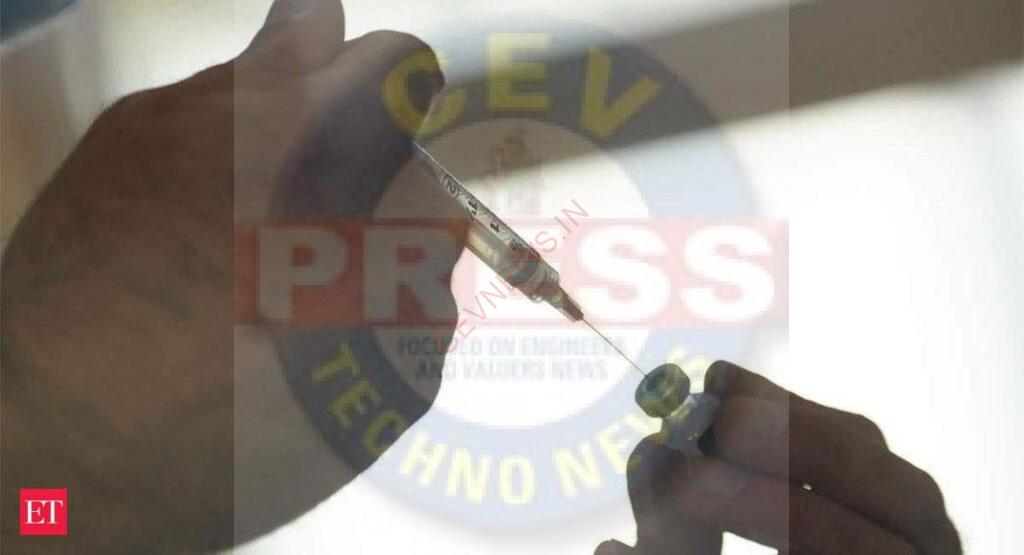
Two and a half months after the Centre decided to reserve 25% of vaccines produced in India for the private sector, its own data shows that the sector accounted for only 7% of vaccinations since then. On July 20, in response to a question from Congress Rajya Sabha MP Mallikarjun Kharge, the health ministry stated that from May 1 to July 15, 2021, around 7% of total Covid vaccinations were done in private centres.
TOI had reported on June 4 that private vaccination centres accounted for about 7.5% of vaccine doses administered since the beginning of the vaccination drive in January. The information given in Parliament shows that it remains at about the same level.
Given this reality, public health experts question the government’s insistence on continuing with a 25% quota for private hospitals. Several state governments too have asked for the private sector quota to be slashed or even stopped.

“The central government is literally pushing state government officials to increase private sector vaccinations. Despite such a high degree of persuasion from the top, private sector vaccinations are not picking up because vaccinations do not fit the model of the private sector. The private sector model is low volumes and high margins, while vaccination is about low margins on high volumes and so they are not keen on vaccination,” explained Dr T Sundararaman of the People’s Health Movement. He added that it looked like an ideological commitment to promote the private sector and a concerted administrative effort to push patients to the private sector. Its failure to take up vaccination exposes what a small section the private sector caters to in such services, he added.
“The poor uptake of vaccines by the private sector proves the point that the private sector is never interested in preventive health or public good. Now with the service charge they can charge on each dose capped at Rs 150, they have no incentive to engage with vaccination. As long as pricing was unregulated, they were interested. The moment the government brought in regulation, the private sector backed off,” said Dr Rama Baru, professor at the Centre of Social Medicine and Community Health in JNU.
She added that since the volume of demand was at the bottom of the pyramid, where most people could not afford the price at which vaccines were being administered in the private sector, there were few takers for private sector vaccination.
Prof R Ramakumar, an economist at the Tata Institute of Social Sciences (TISS) who has been tracking vaccination closely, said private sector vaccine prices were just not affordable for most people. “At Rs 1,400 a shot, two doses of Covaxin would be half the monthly income of many people. As long as the Union government was procuring 100% of the shots and supplying them to the states and leaving it to state governments to decide how much to distribute to the private sector, it worked. Our vaccination rate could have been much faster if we continued that policy,” said Prof Kumar.
“The idea was that private participation will take some pressure off the public health system and that the higher prices for manufacturers will incentivise them to produce more. The supply is limited even after the companies are producing the maximum they can and so a higher price as incentive makes little sense,” added Prof Kumar.

